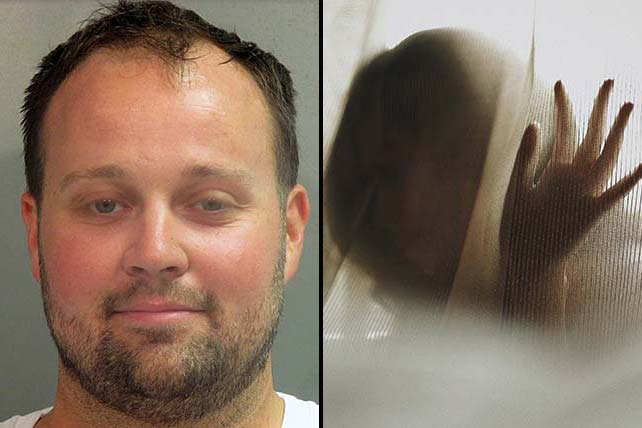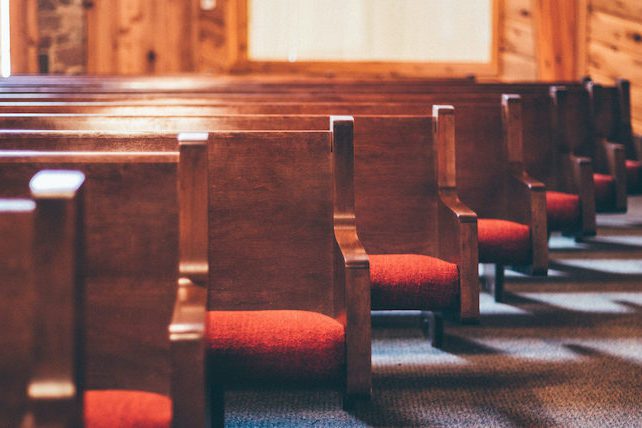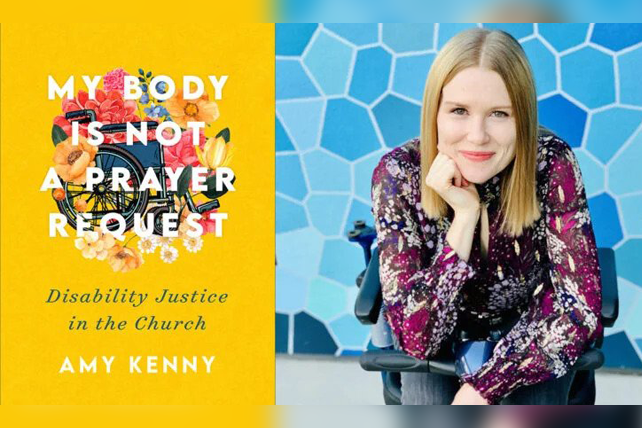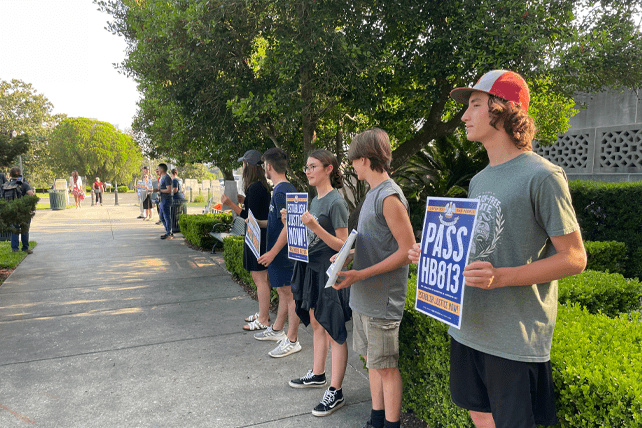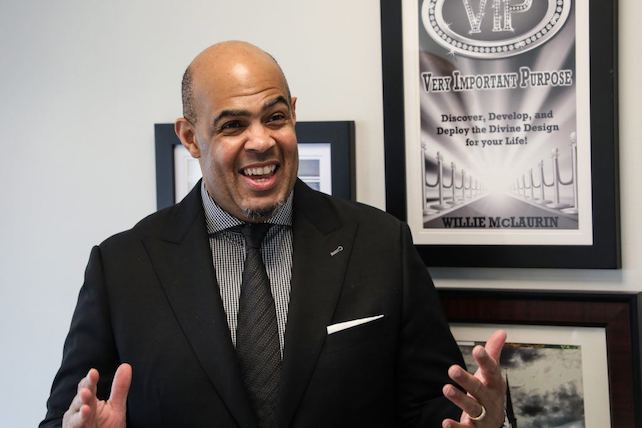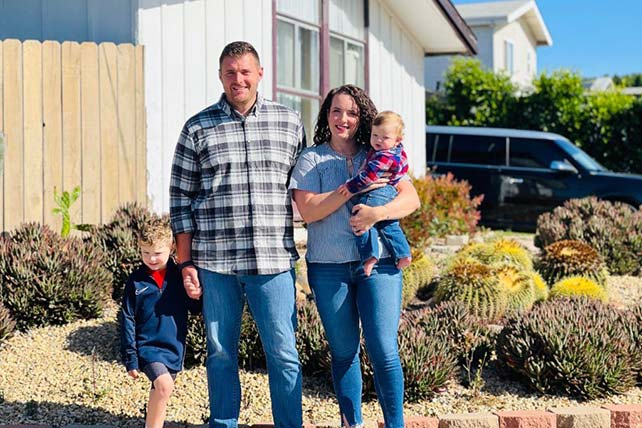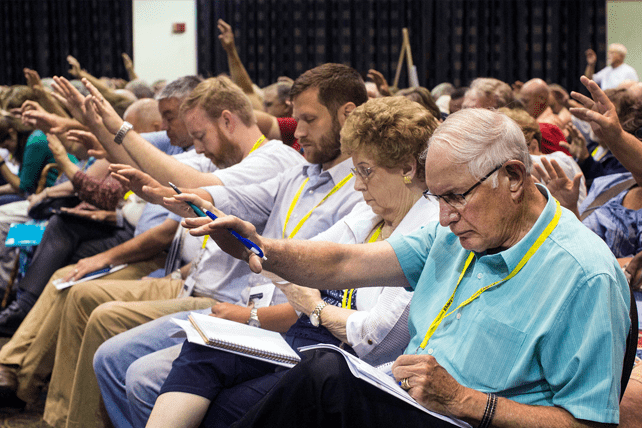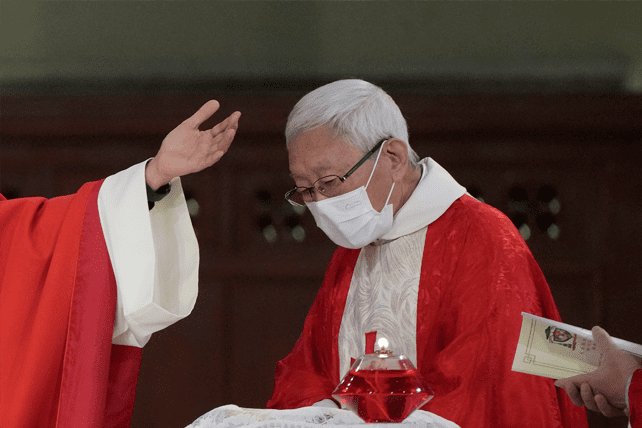When family members’ moods go haywire, don’t discount Satan’s efforts to chip away at your faith and peace. That’s the message Christian actress Candace Cameron Bure shared online this week.
In an Instagram story Wednesday, the mother of three admits that her home’s atmosphere felt weirdly “cranky” for three days. Although her family members are “usually really peaceful and happy,” lately “everyone’s been irritable, including me, and everyone is just like at each other.”
Candace Cameron Bure: Don’t Overlook Spiritual Attacks
Bure, who stars on “Fuller House” and in many Hallmark Christmas movies, says she finally realized all the irritability, crankiness, and confusion were signs that “the enemy’s attacking.” Spiritual attacks can be easy to overlook, she says, causing family members “to just blame one another when things go wrong.”
The devil is “a very real and powerful enemy at work every single day of our lives,” says Bure. She rebukes Satan, saying he “has no control or authority in my home.” Instead, “Jesus has all authority, all power in my home, and reigns in my home!”
In her video post, Bure calls on the Holy Spirit and prays out “any evil spirits that are in here.” She says she fills her house with worship music, Scripture, and God’s power and truth. The actress encourages anyone facing tough times or “unexplainable” things to “not forget what’s going on in the world around us.”
Candace Cameron Bure Inks Media Deal With GAC Family
Last month, Bure jumped ship from the Hallmark Channel to partner with its newest competitor. She signed a deal with the rebranded GAC Family, accepting an executive role. Bure will develop, produce, and star in films and TV shows, create year-round seasonal content, and be involved with the company’s Great American Christmas.
“I’m very excited to develop heartwarming family and faith-filled programming and make the kind of stories my family and I love to watch,” Bure says. “I am constantly looking for ways that I can inspire people to live life with purpose.” GAC is a great fit for her “brand,” she adds, because “we share a vision of creating compelling wholesome content for an audience who wants to watch programming for and with the whole family. Great, quality entertainment with a positive message is what my partnership with GAC is all about.”


